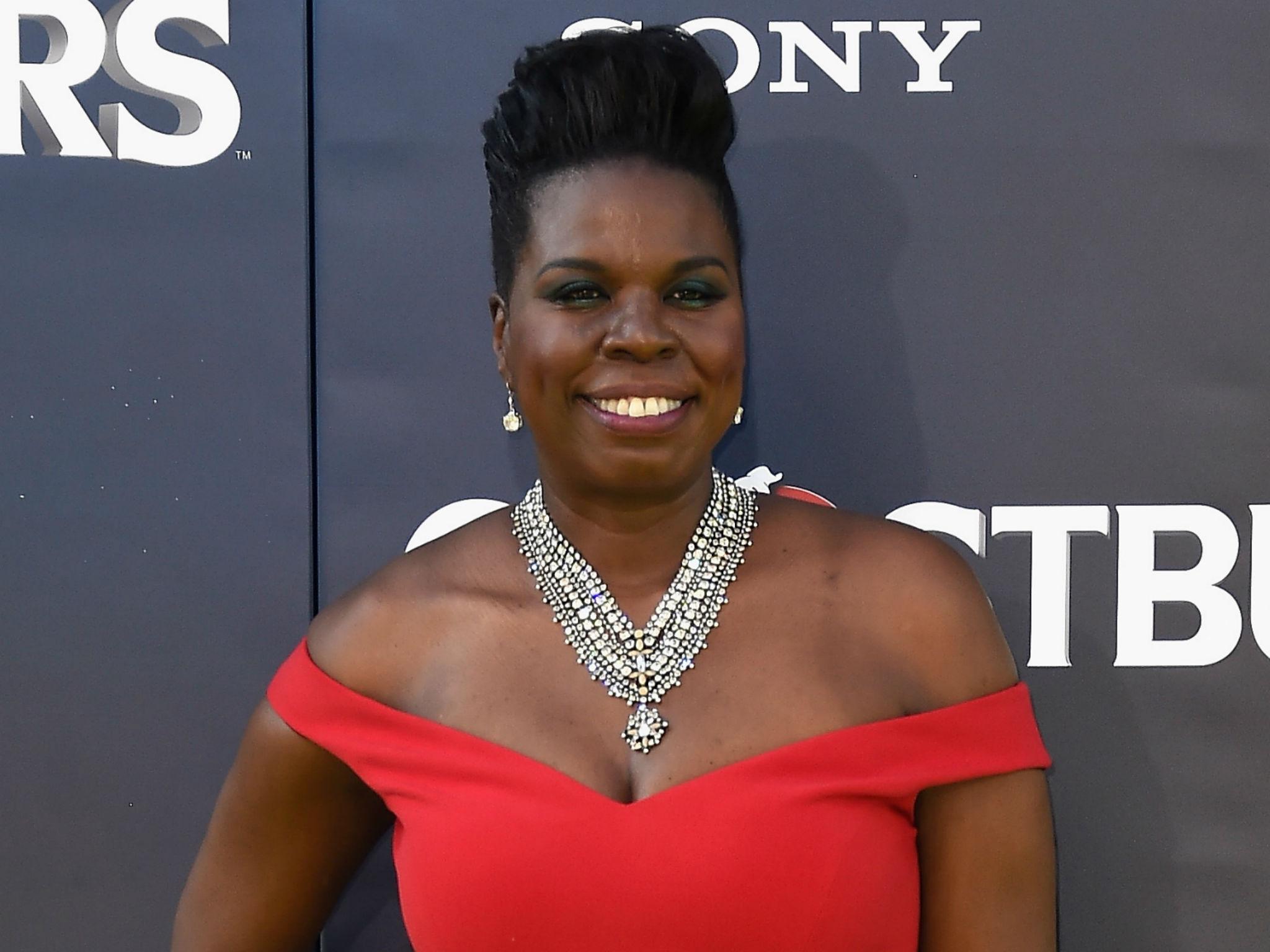In suspending Milo Yiannopoulos’ account, Twitter played the man rather than the ball
By enabling ostentatious rabble-rousers like Yiannopoulos to present themselves as martyrs in the cause of liberty, there is a danger that Twitter shifts the focus away from their misdemeanours, instead of holding a mirror to them.


I like to think of myself as a libertarian at heart, which is slightly odd for someone who has basically made a career out of being a regulator.
When it comes to freedom of expression, constraints can cause enormous damage – both to individuals’ ability to live their lives according to their honestly held beliefs; and to broader notions of democracy. For evidence of that, look at Turkey, where restrictions on independent media and academic activity have gone hand in hand with a drift towards autocracy.
The rise of social media in the past decade has offered a boon to expressive liberty. Those who previously felt silenced have found a voice; others whose voices were well-known have raised their volume. Not everyone offers positive contributions to debate of course, but shouty criticism is the inevitable counterpoint to righteous pomposity – and given the preponderance of the latter on Twitter, thank goodness for the former.
But is this right to free expression entirely without limit? In an ideal world it would be; but in the real world it cannot, not least because there are a whole bunch of other rights into which it frequently comes into conflict. The right to a private life, for instance, and protection against discrimination can both be compromised by publication of intrusive or erroneous information. The very right to life can be put in jeopardy by discourse which incites violence. Even the grand First Amendment protection of free speech offered by the United States constitution is not absolute.
Just as digital communications have enhanced our ability to speak freely to large numbers of people – and to challenge those we don’t agree with in a more direct way than ever before – it is therefore inevitable that changes in technology have also raised new questions about where exactly the limits of freedom of expression lie.
The permanent suspension from Twitter of Milo Yiannopoulos for violation of the site’s “hateful conduct policy” has thrown the issue into particular focus. Yiannopoulos, a conservative writer and provocateur, appeared to criticise the actress Leslie Jones for expressing concern at racist and sexist abuse she had received from other users. He referred to Jones “playing the victim” and criticised her acting ability. He was accused not of direct racism himself but of fanning the flames of harassment.

Reaction to his suspension was inevitably mixed, with some lauding Twitter for taking decisive action against a man who has had run-ins with the social media giant before. Others meanwhile decried the decision as a gross overreaction, noting that individuals with a lower profile remain at large despite posting much more venal content.
The problem on this occasion is that Twitter appears to have played the man rather than the ball. Yiannopoulos might well be a disagreeable prat, but banning him from social media will do more to whip up those whose postings really do go beyond the pale than his continued presence ever could. His voice and his ability to be heard extend beyond the confines of the Twittersphere – hard though that may be for Jack Dorsey to believe.
Yiannopoulos himself described the suspension as a “cowardly” act and suggested that it amounted to an attempt by the “totalitarian left” to make Twitter a “no-go zone for conservatives”. Now that may be nonsense, but the narrative in which the conservative right is fighting a “culture war” – as Yiannopoulos put it – against leftie liberals is increasingly prevalent. It is fundamentally the same theme which underscored elements of the Brexit debate. And the oddity is that in this narrative social conservatives are paradoxically both victims – having had their concerns supposedly ignored by out of touch, liberal elites of various undefined sorts; but also beyond criticism – opposition to even the most outlandish claim being simply unfounded scaremongering by the “establishment”. It is a contradictory approach that explains Nigel Farage’s entire political career.
Vulnerable people should not be left to the mercy of the mob – either on Twitter or on the street. But by enabling ostentatious rabble-rousers like Yiannopoulos to present themselves as martyrs in the cause of liberty, there is a danger that Twitter shifts the focus away from their misdemeanours, instead of holding a mirror to them.
Join our commenting forum
Join thought-provoking conversations, follow other Independent readers and see their replies
Comments
Bookmark popover
Removed from bookmarks